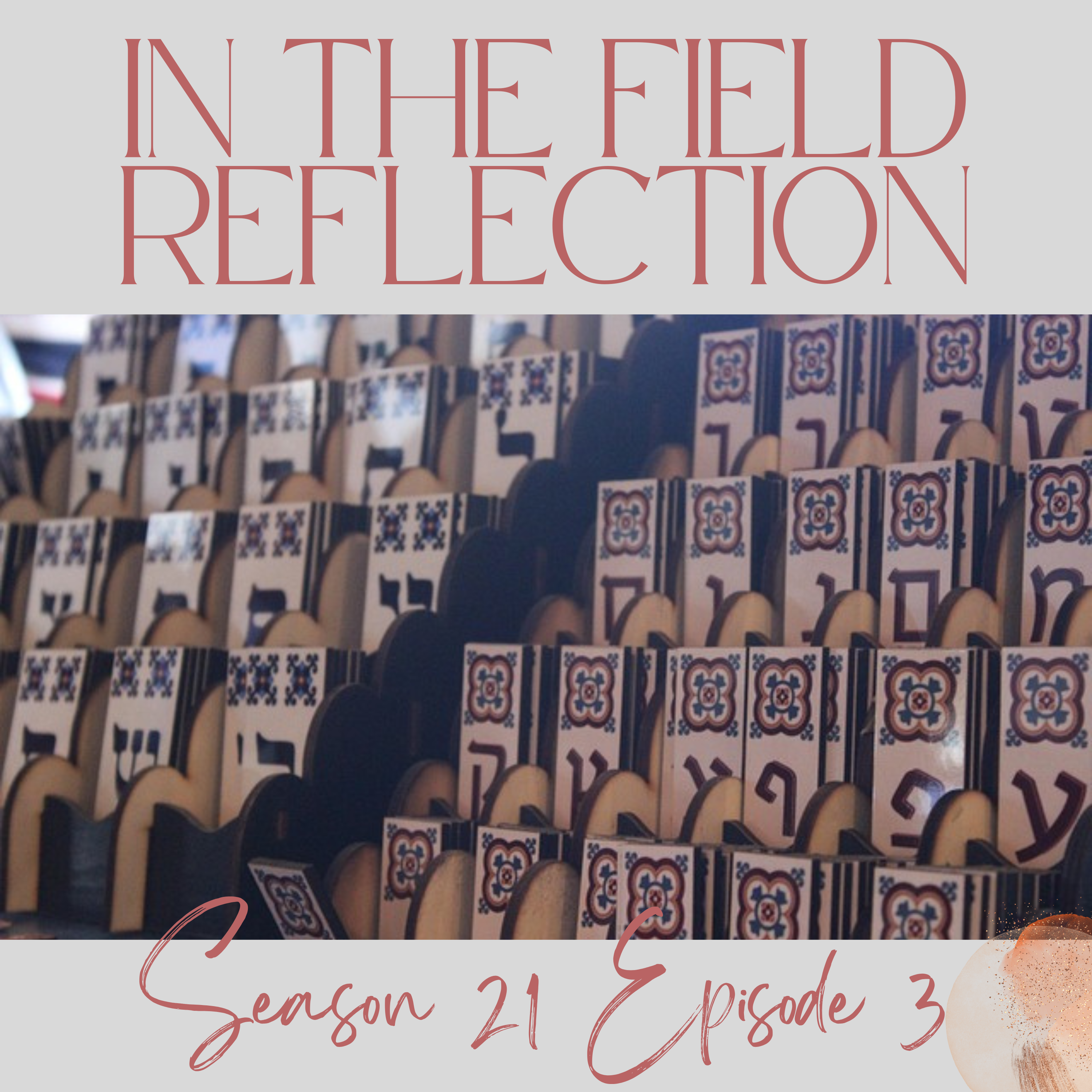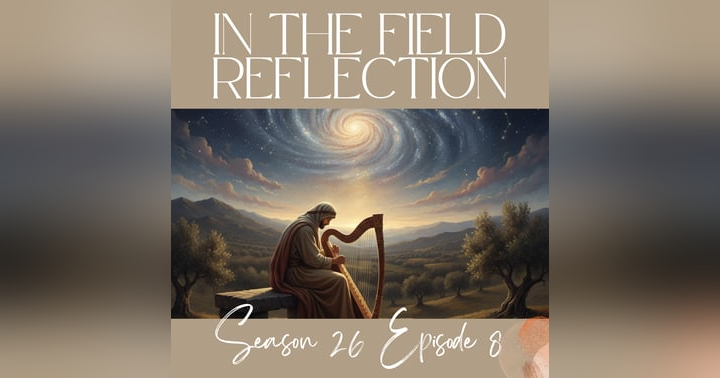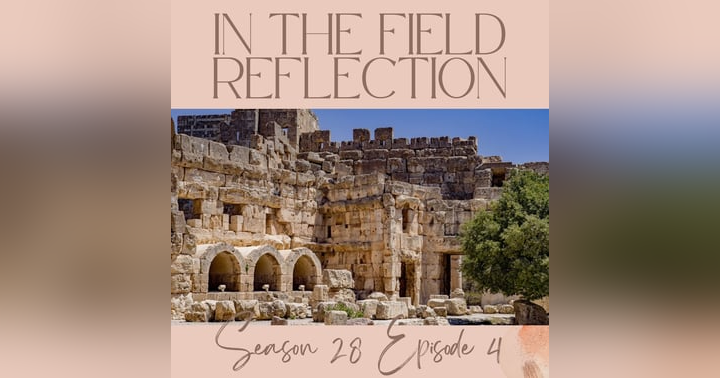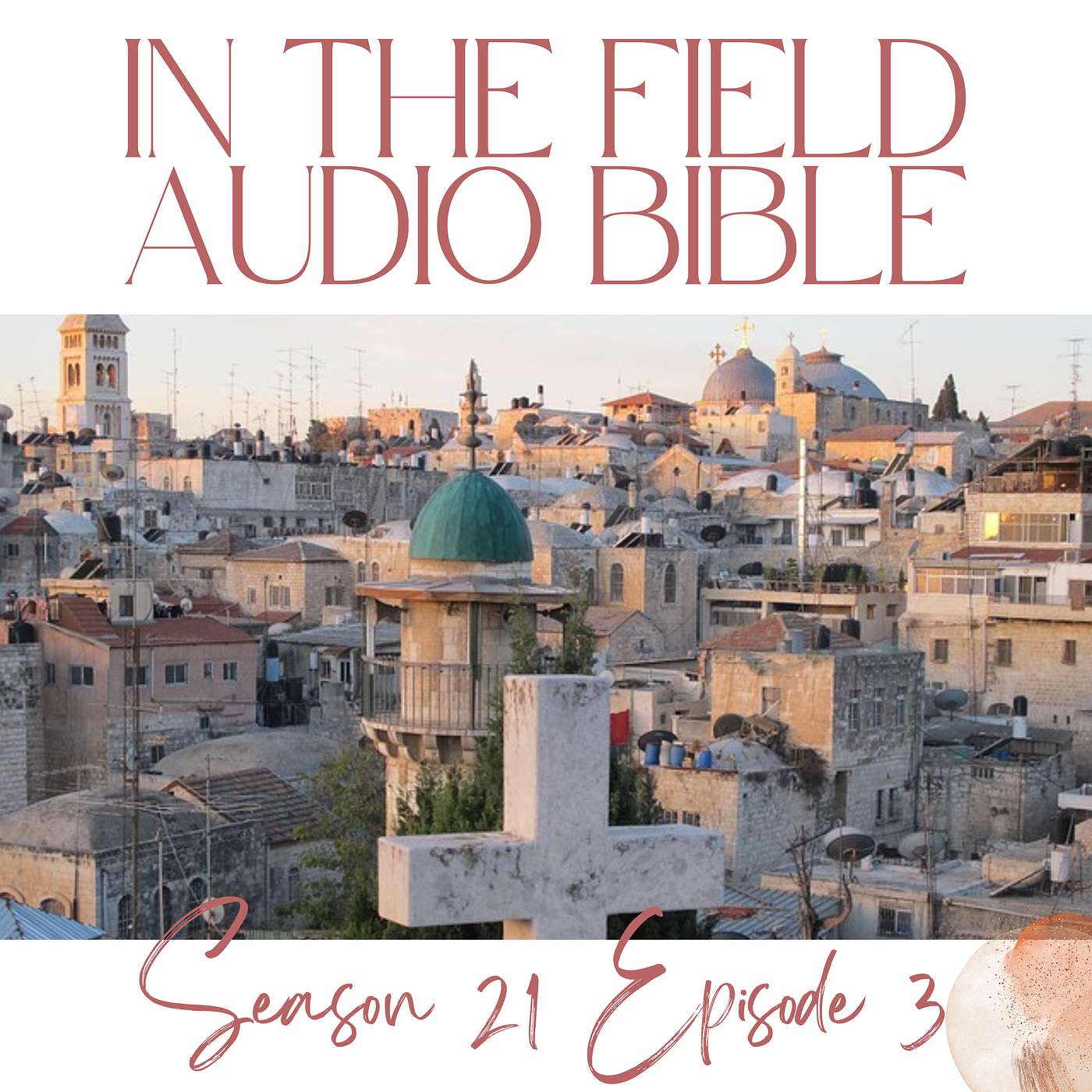When God Sings: The Promise of Divine Delight

The quiet opening invites us to slow down and breathe in Scripture as a living presence rather than a text to rush through. From the first words, the tone is contemplative, positioning the listener in a sacred pause where God's Word is received as gift. This framing matters because it orients the heart toward a God who speaks with both justice and tenderness, and it primes us to hear a prophetic book like Zephaniah without flinching or despairing. The host locates us in Jerusalem's morning light, among springs, stones, and almond blossoms, grounding spiritual truth in sensory detail. The imagery is not decoration; it shows how divine revelation meets ordinary life—children at play, a potter at his wheel, merchants opening shops. This ordinary holiness becomes the thread that ties the vision of judgment to the promise of divine delight and restoration, teaching that God's work unfolds not only in grand moments but also in daily faithfulness, small obediences, and quiet trust.
The episode’s heart centers on a prophetic arc: wrath that is real and deserved, followed by restoration that flows from love deeper than judgment. We are guided through the prophet’s exhaustion and tears into a second wave of vision that reframes everything: the God who judges is the God who sings. The host lingers on Zephaniah 3:17, where the Lord rejoices over His people with singing, renewing them in love. This reversal does not negate justice; it reveals its purpose. Justice removes what deforms love. The proud are brought low not to crush hope but to clear a path for the humble to dwell secure. The narrative gives language to this transformation with images of streets filled with worshipers, nations gathered in unity, and creation itself joining the song, signaling a wholeness that is social, spiritual, and cosmic. Restoration here is not sentimental; it is a robust renewal that addresses corrupt systems, false shepherds, and fractured hearts.
A striking feature is how the vision expands beyond Jerusalem. The nations once judged become worshipers, indicating that God’s redemptive intent is global. This anticipates a world where the knowledge of the Lord covers the earth as waters cover the sea, echoing the great biblical hope of unity without erasure. Languages are purified so that speech becomes an instrument of shared praise rather than division. Such a picture speaks to modern listeners who wrestle with polarization and distrust; the episode suggests that God’s restoration reconciles peoples, dignifies remnant communities, and heals memory. The gates of the renewed city stand open not because danger is denied but because the enemy is no more, a powerful metaphor for life without fear where boundaries exist as markers of blessing rather than barriers of suspicion. The remnant theme emerges as a call to integrity: humble, lowly people who refuse lies and seek refuge in God become the seedbed of renewal.
The reading of Zephaniah 3 anchors these reflections in the text itself, tracing the city’s corruption—officials as lions, judges as wolves, prophets reckless, priests profaning—and then pivoting to the Lord who is righteous every morning. The cadence illustrates the biblical logic: persistent injustice invites necessary judgment, yet God’s steadfast character turns judgment into a refining fire rather than a consuming void. The promise arrives in clear strokes: shame removed, fear silenced, oppressors dealt with, the lame saved, the outcast gathered, fortunes restored. This is pastoral and political, intimate and public. It offers personal consolation for bruised hearts and societal reordering for exploited communities. By highlighting God’s singing presence, the episode places delight at the center of discipleship, not as a reward for perfection but as a gift to the humbled. Holiness is recast as healing: a people who do no wrong and utter no lies because they live under love’s song.
To make this hope tangible, the host draws attention to ordinary neighbors who become parables of the future: a young woman who moves from tears to quiet hope, a carpenter whose steady work becomes kingdom-building, children reciting the Shema whose voices forecast a faithful generation, and a merchant whose wealth learns generosity. These portraits teach that eschatological hope should change daily habits now. Craft can become worship; commerce can become justice; learning can become love; lament can become trust. The prophetic message refuses escapism. Before singing comes silence, before joy comes sorrow, before restoration comes judgment. The call is to submit to the refining work that removes pride and makes room for peace. In practical terms, this looks like telling the truth, resisting corrupt gain, serving the poor, honoring God’s boundaries, and opening one’s life to the nations God is gathering. Hope is not passive; it is practiced.
The closing invitation brings the threads together: take your place among the remnant who trust mercy more than self-righteousness.



